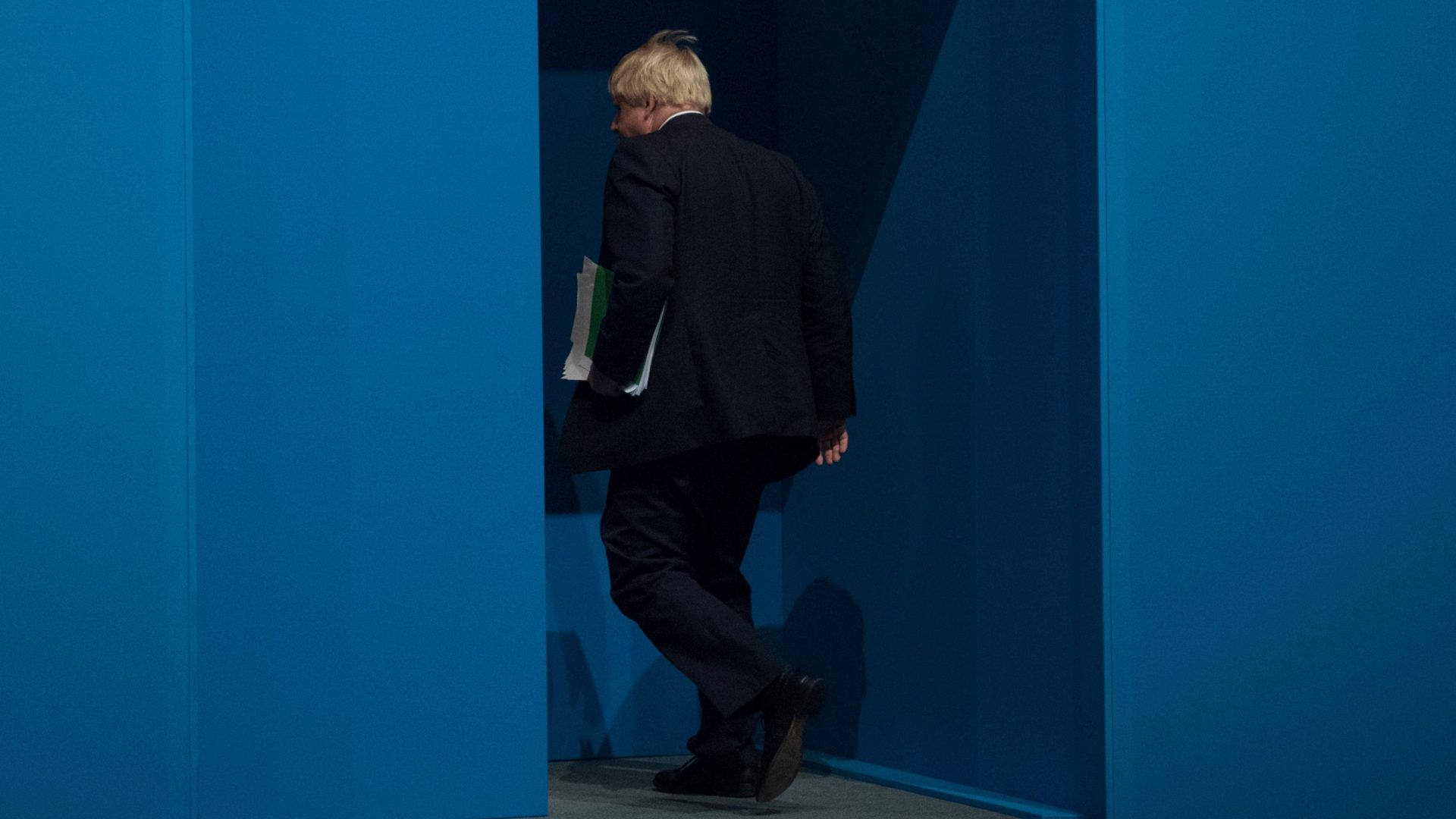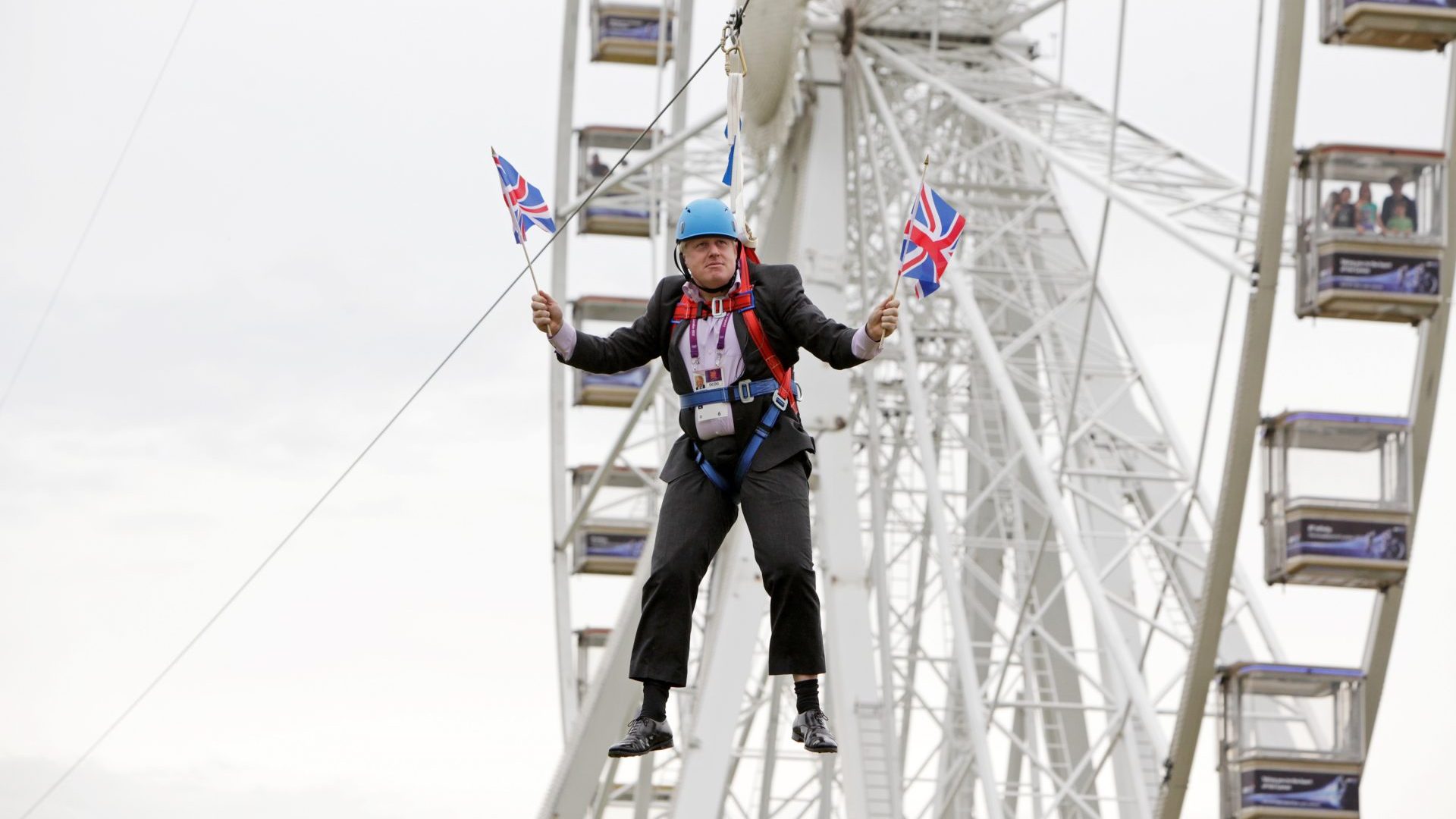Why settle for one universe, when you can have as many as you like? In the past two years, the idea of the “multiverse” – of limitless alternate realities and the leap between them – has nurtured a subgenre all of its own in popular culture.
The prime example, naturally, is Everything Everywhere All At Once, which won the Oscar for Best Picture in March; the dizzying tale of Evelyn (Michelle Yeoh), a struggling laundromat manager in Simi Valley, California, who is blasted across a series of alternate universes to defeat a cosmic villain.
Superhero movies, meanwhile, have become almost entirely dependent upon such scientific and philosophical speculation. Witness two films on current release: Marvel’s Spider-Man: Across the Spider-Verse and DC’s The Flash. Truly, the multiplex has become the home of the multiverse, bringing popcorn to popular science.
The standard explanation for this billion-dollar trend is the seepage into the cultural mainstream of spectacular technological change: the awesome potential of quantum computing and the related (though distinct) rise of “metaverse” tech that whisks us, via ever-more-advanced VR headsets, into simulated realities.
All of which may be true. But I think it omits a deeper, psychological force: namely the unsettling, subconscious sense that we now oscillate between our familiar, stable world of rules, systems and predictable outcomes, and an alternate social and political universe in which all such conventions have been brazenly ditched.
When you watched the nauseating Mirror video of Tories partying in December 2020, on the very day Matt Hancock announced that tier 3 Covid restrictions would now apply to London, did you not wonder (again) what had happened to the basic ethical decencies of politics? In what even vaguely moral universe could two of those present at the party – Shaun Bailey, the former Conservative mayoral candidate, and Ben Mallett, who is visible in the video wearing Christmas braces – have been, respectively, ennobled and awarded an OBE in Boris Johnson’s resignation honours list?
I suppose the two words “Boris Johnson” are the giveaway. If any one politician personifies the rip in the space-time continuum that has turned Westminster on its ethical head, it is the former prime minister and now former MP for Uxbridge and Ruislip.
It should not be necessary to spell out what a big deal it is to mislead the House of Commons: but Johnson’s extraordinary deceptions over Partygate and his response to the Privileges Committee report have made it so.
In 1963, when Harold Macmillan discovered that the secretary of state for war, Jack Profumo, had lied to MPs about his relationship with Christine Keeler, he was mentally and physically devastated. On June 17, the weary Conservative PM told the Commons that he could not remember a case like it “even in the political history of the past… I find it difficult to tell the House what a blow it has been to me, for it seems to have undermined one of the very foundations upon which political life must be conducted.”
Macmillan was exactly right: parliamentary systems depend absolutely on the honesty of ministers when they report to parliament. He never truly recovered from the scandal, and Profumo himself retired from public life, dedicating himself to good works in the East End.
Compare and contrast the alternate reality of 2023 and the publication of the Privileges Committee’s devastating 106-page report on Johnson’s systematic lies to the Commons. In this case, unlike in 1963, the culprit was himself prime minister at the time of the matter under investigation: it was Johnson, not one of his ministerial colleagues, who repeatedly misled the House about his knowledge of the rule-breaking culture in Downing St.
Is he devastated, like Macmillan, or at least humbled like Profumo? Not a bit of it. His response to the report has been a savage counter-attack and campaign to undermine the legitimacy of the committee itself.
He scorns the very idea that, without being psychic, its members could form a meaningful view of what was going through his mind when he considered the lawfulness of the parties (one of his expensive lawyers really should introduce him to the standard concept in jurisprudence of mens rea, or “guilty mind”).
As so often in the Boris-verse, the ethical ground shakes beneath our feet. The sanctity of truth means nothing to the former PM and his allies, its centrality to any functioning democracy of no interest to them.
In this, of course, he is merely customising the approach pioneered by Donald Trump, who wrote proudly in The Art of the Deal (1987) of “truthful hyperbole”: as crass a euphemism as could be imagined. In January 2017, his senior White House aide, Kellyanne Conway, introduced the world to the toxic notion of “alternative facts”.
And by the way: don’t kid yourself that the assault on truth is confined to one pole of the political spectrum. It is outrageous that feminists who assert the scientific reality and social consequences of biological sex are routinely subject to harassment, vilification and censorship. In the US, Robert F Kennedy Jr disgraces his father’s name and the liberal values of rationality and verification with a campaign for the Democratic presidential nomination rooted in anti-vax conspiracy theories and misinformation about Russia’s invasion of Ukraine.
That said, the greater threat still comes from the populist right. According to aggregate polls, Trump is ahead of Biden. Johnson, though much reduced as a political figure, remains, even now, the emergency cord many Tories will pull if they confront electoral despair.
It is a huge mistake to imagine either politician is finished. Remember: they operate according to the rules of an alternate universe. The battle to reassert the values of this universe – and especially the centrality of truth – is the defining battle of our times.
And it’s going to be a bumpy ride. In Everything Everywhere, Evelyn is handed a piece of paper in a lift bearing the words: “Don’t forget to breathe”. That’s good advice for all of us.




